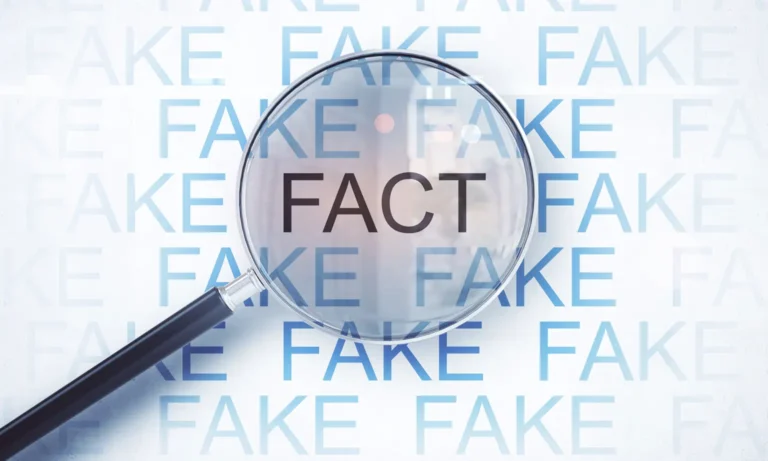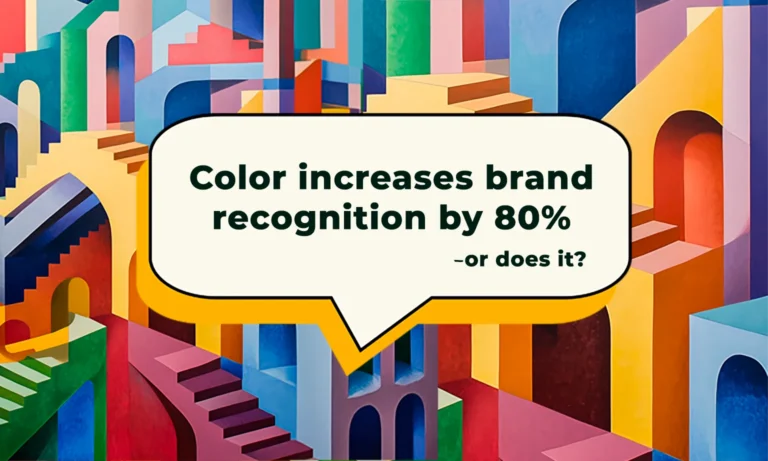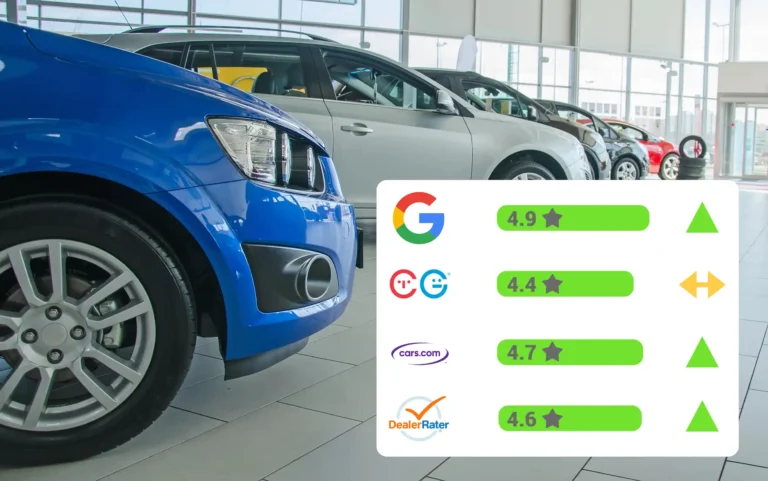Star rating systems are the basis for gauging whether to buy a product or use a service for many consumers, but are they accurate? It’s become the staple research we do when making any purchase decision, making it imperative for companies to manage their online reviews, but does that still make sense?
Some businesses are starting to move away from the typical star review and have relied on using emotions instead, leading us to wonder: will star ratings become a thing of the past? And how will that impact online reviews in the future?
Is the Star Rating System Accurate and Effective?
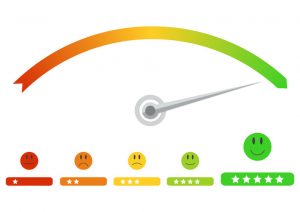
We all know about star ratings since they’re everywhere: on the most popular review sites such as Google, Facebook, and Yelp. To the point that we cannot ignore them, but you can’t help but wonder: are they still effective?
Star ratings are generally ineffective to the argument that all reviews and ratings are subjective. What one person views as a five-star could mean a three-star to someone else for an entirely different set of reasons. Can we gauge the worth behind what constitutes a star rating?
Not to mention, for some companies, their average is exceptionally high. For Uber, the average star rating is 4.89, making you wonder if everyone ignores the actual rating and gives a 5 star out of convenience. It starts to lower the value of stars entirely. We have actually conducted a study in the past that shows that people trust a 4.7-star rating over a 5-star rating due to skepticism of the authenticity of a perfect rating.
In a way, it isn’t easy to make an accurate decision when using star ratings. Most people read the reviews to get a better idea of the personal criteria they need to think about for essential purchases and who to do business with based on what is important to them.
Finally, some ratings can vary more explicitly depending on the company. As written in the Harvard Review that looked at whether star ratings are adequate, “on some marketplaces, the difference between 4.5 stars and 4.8 stars could be massive, making it hard for users to differentiate okay suppliers from outstanding ones.” It’s all relatively and hard to distinguish from different companies.
Unfortunately, this subjectivity makes it challenging for both the company and the consumer. Companies cannot get an accurate read on a customer’s experience while a customer doesn’t know which star rating should be considered.
Emotions Over Stars
Businesses are beginning to switch over to emotions over star ratings since they seem to give the customer an easy way to express their feelings about the product or experience. Most people can easily identify with emotions and how the service or product made them feel. Businesses find people have an easier time expressing an emotion accurately and others can also identify better with emotions.
In terms of emotions, some businesses are using a scale of “Not Satisfied,” “Neutral” and “Satisfied” instead of absolute words like “Excellent” or “Outstanding” because customers can rarely have such a positively valenced interaction. This also is represented by the “Thumbs up” and “Thumbs down” rating system that is also sometimes used.
Additionally, it gives a better overview of the general emotion of the feedback versus deciphering what a three-star rating means.
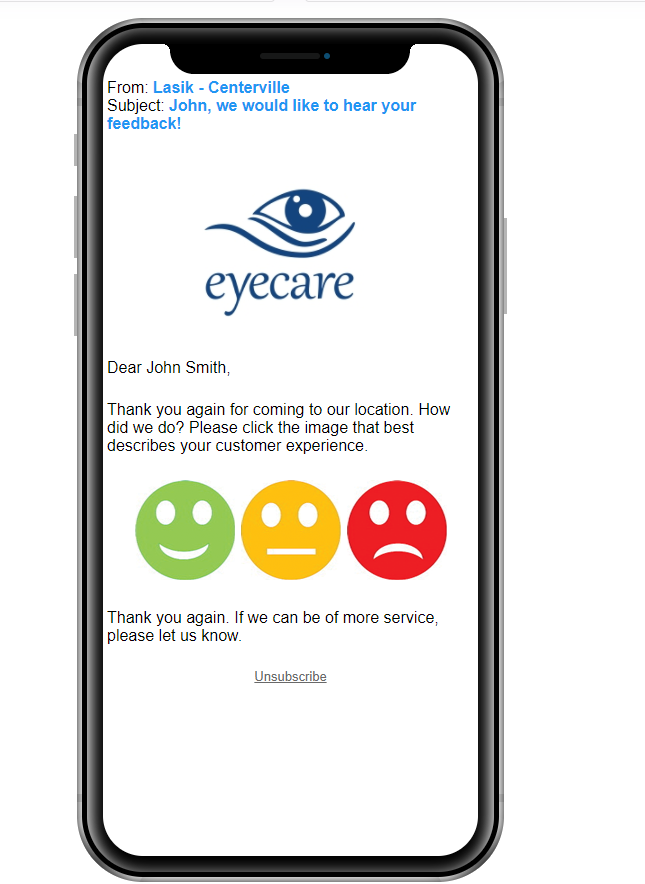
Why Automation Software is the Way To Get More Reviews
ReviewInc’s Review Flow has the option to use the “Happy, Okay, Sad” Faces rating to ask for feedback instead of star ratings in order to address the issues above. You can read more about the options we have for asking for ratings in our recent case study on Net Promoter Score.
Whether companies switch to emotions or stay with star ratings, the best way to get more online reviews is to utilize review management software. They offer consistent management of your online presence to ensure your customers are happy and your business profile protects your company brand. You don’t have to worry about how ratings change!
Investing in reliable software to monitor your online reviews and reputation is the way to nurture your online presence. Most companies opt for a free demo and see if it fits their needs. Try our demo today!
